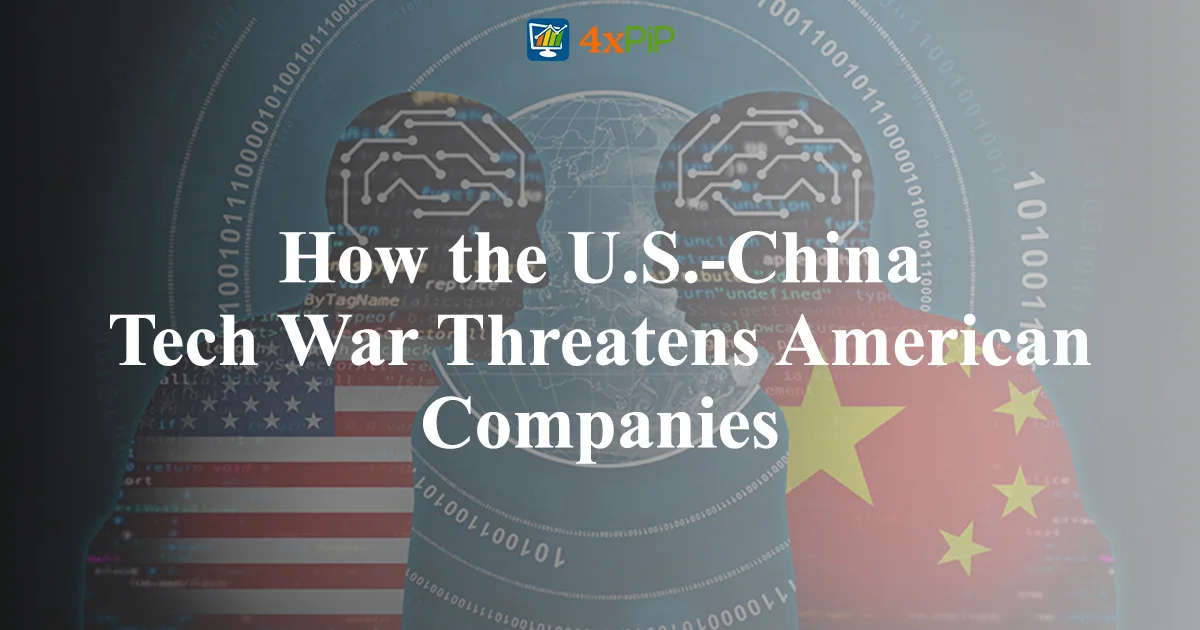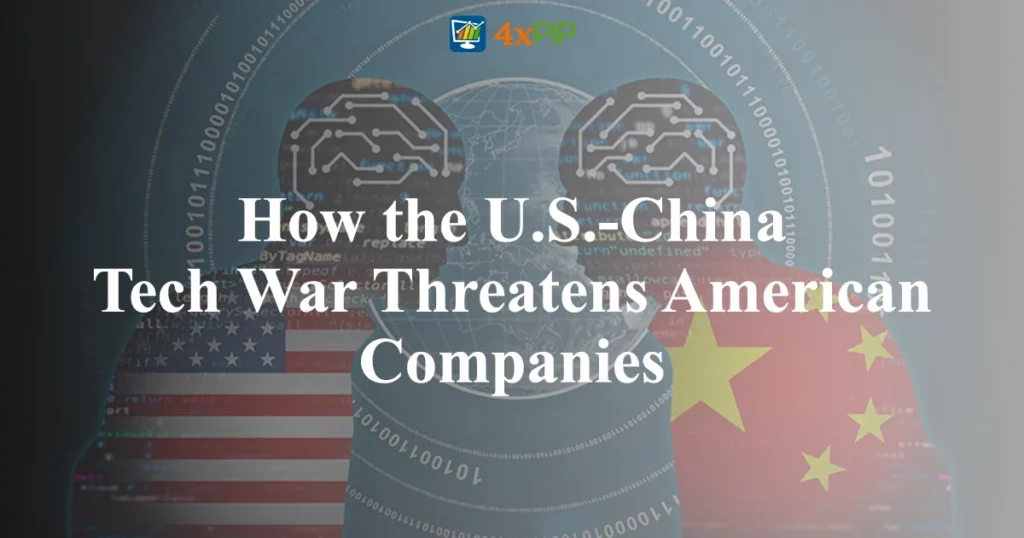In the intricate web of the global economy, semiconductors play a pivotal role, powering everything from smartphones to fighter jets. As this $574 billion industry hurtles towards a trillion-dollar milestone, the escalating tensions between the U.S. and China are casting a shadow over its future. Amidst this tech war, American companies find themselves caught in the crossfire. Before delving into the impact, it’s essential to acknowledge the core of the issue – semiconductors. As we navigate through the intricacies of this conflict, it’s crucial to remember that effective tools and strategies are paramount in the world of trading. For those seeking assistance, platforms like 4xPip offer indispensable tools and EAs; reach out to [email protected] for more information.
Semiconductors in Global Industries
Semiconductors are the unsung heroes powering innovation across various industries. From everyday devices like toasters and smartphones to complex systems like fighter jets, their significance cannot be overstated. The ongoing tech war threatens the seamless flow of these essential components, disrupting global supply chains and innovation pipelines.
U.S. Restrictions
With the U.S. leading the global semiconductor market, recent restrictions on chip exports to China have sparked a complex geopolitical chess match. The Biden administration aims to curtail China’s access to critical technologies, particularly those with military applications. However, this move raises concerns about the potential repercussions for American companies relying on the vast Chinese market.
China’s Response
In retaliation, China has accused the U.S. of impeding its technological progress through unfair export restrictions. The accusations highlight the intricate dance between economic competition and technological advancement. As tensions escalate, American companies face challenges navigating the shifting landscape of international trade.
Impact on American Companies
American businesses, deeply integrated into the global supply chain, find themselves at a critical juncture. The restrictions imposed on semiconductor exports to China not only affect manufacturers but also reverberate across various sectors, from automotive to consumer electronics. The threat of losing access to a massive consumer market adds another layer of complexity for U.S. companies.
Balancing National Security and Economic Interests
The U.S. government’s stance on restricting semiconductor exports is framed within the context of national security. Striking a delicate balance between safeguarding critical technologies and preserving economic interests poses a significant challenge. The ramifications of this approach extend beyond geopolitical posturing, directly impacting the profitability and growth prospects of American companies.
Strategies for American Businesses
In this turbulent sea of geopolitical tensions, American companies must navigate uncertain waters. Diversifying supply chains, investing in domestic semiconductor production, and fostering international collaborations are strategies that may help mitigate the risks. The ability to adapt to changing circumstances will be crucial for businesses weathering the storm of the U.S.-China tech war.
Summary
In conclusion, the U.S.-China tech war poses significant challenges to American companies entrenched in the semiconductor-dependent industries. As geopolitical tensions continue to shape the landscape, businesses must stay agile, employing strategic measures to safeguard their interests. While the battle unfolds on the global stage, the impact resonates deeply within boardrooms and manufacturing floors alike.





